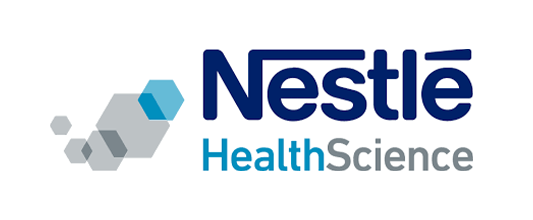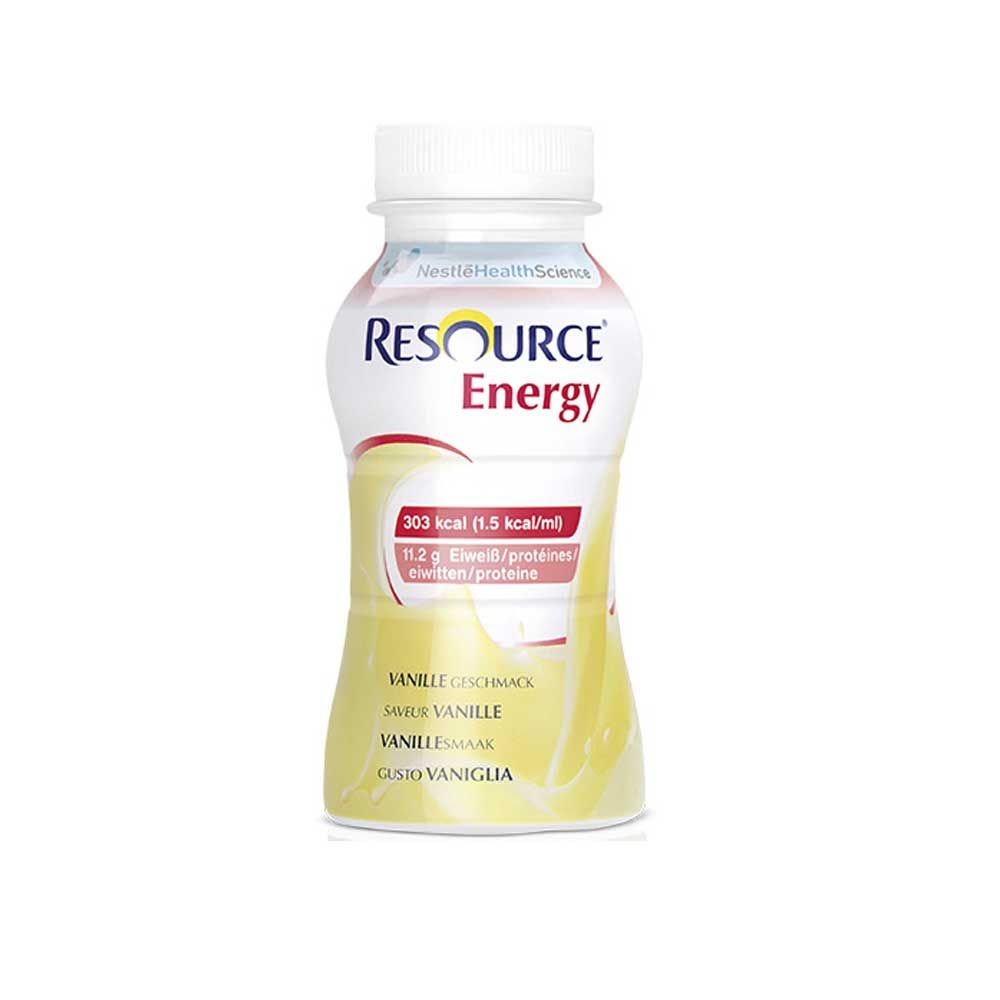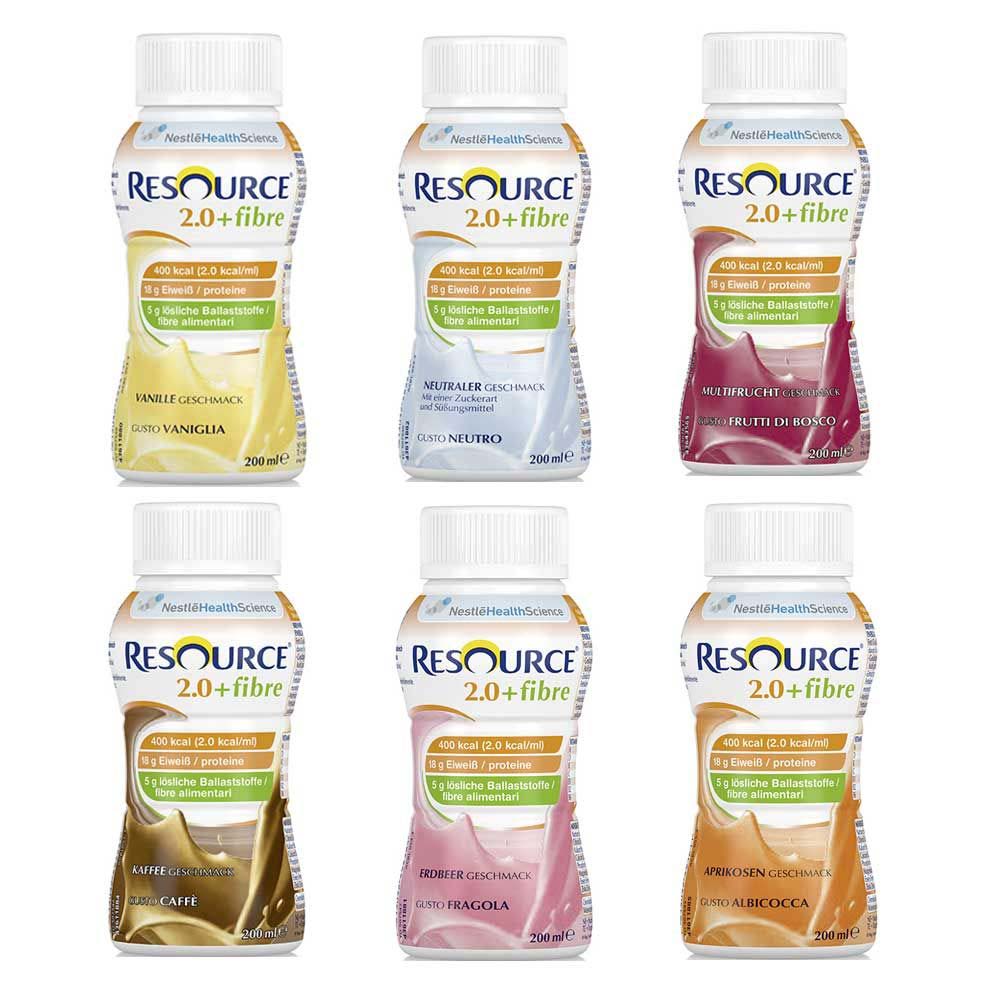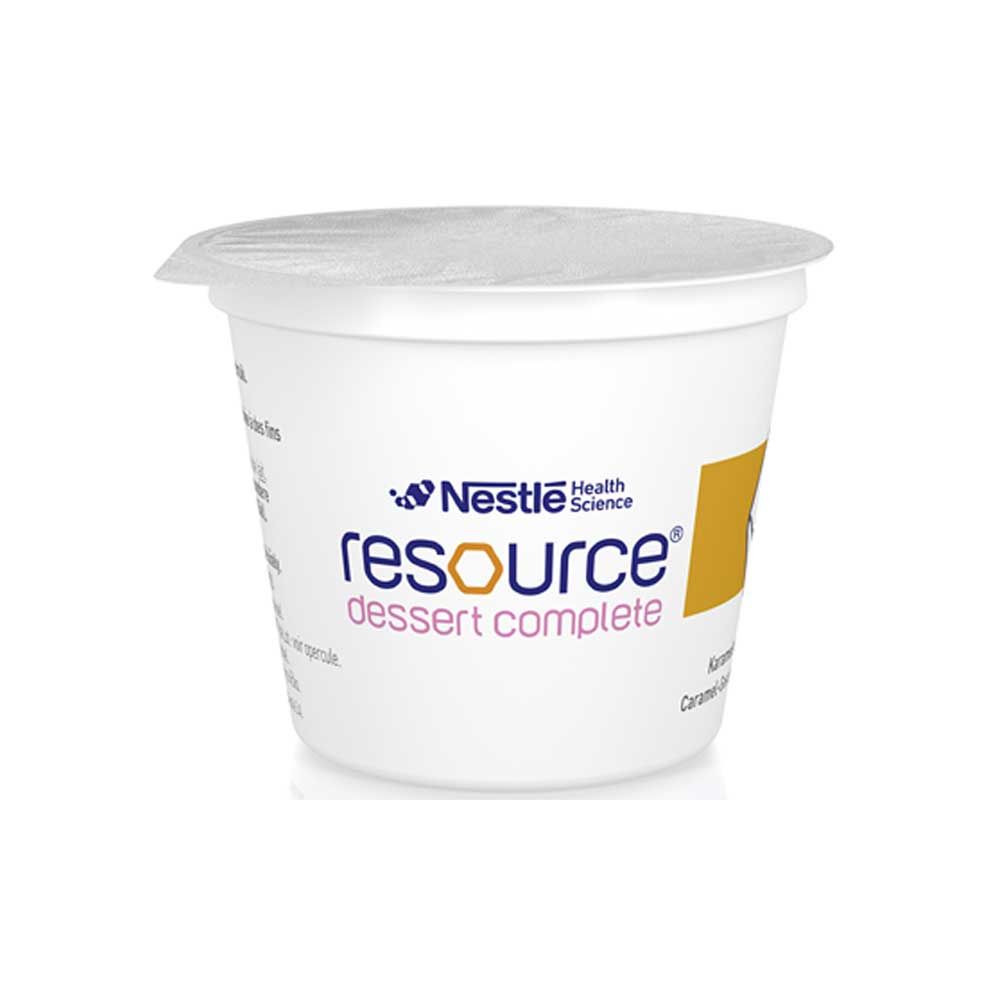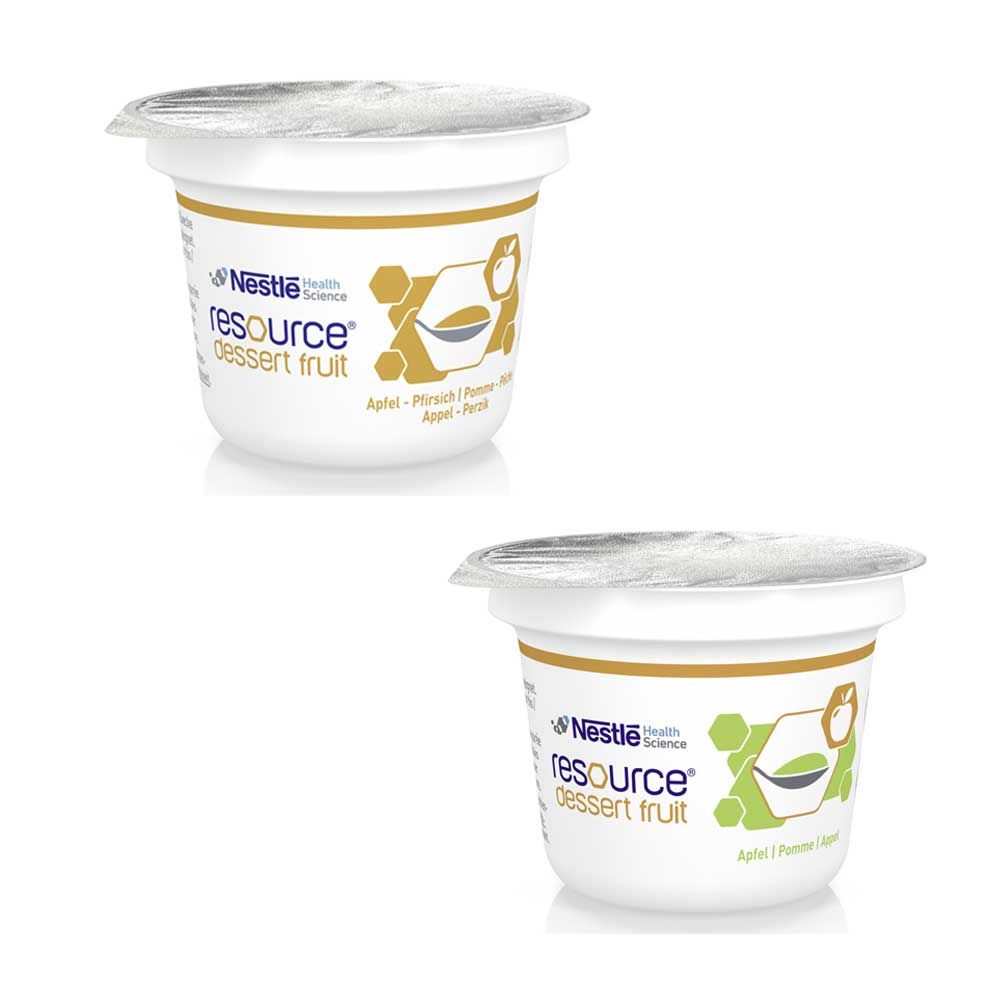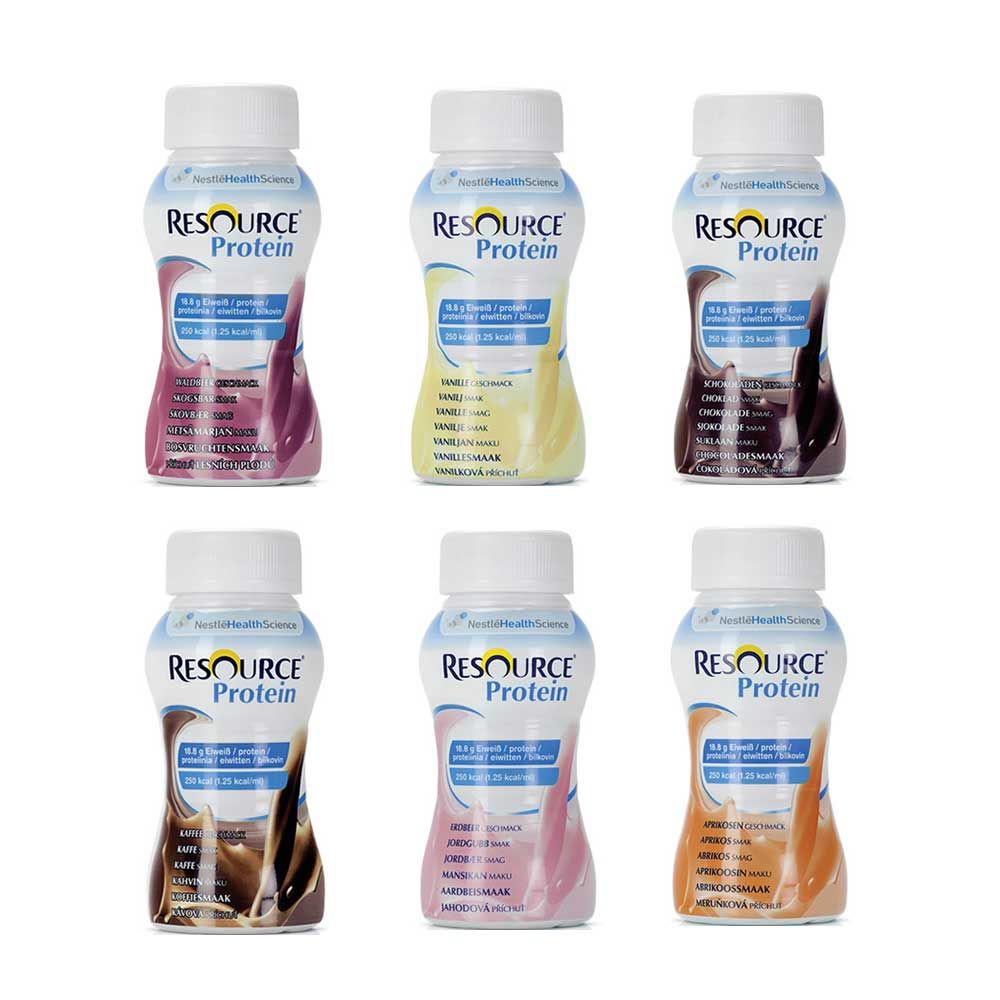Only 7 available
£9.60*
Content:
0.8 L
(£12.00* / 1 L)
Available, delivery time: 3-5 days
Product number:
NEST12256943K-007
EAN:
7613034897213
Weight:
0.96 kg
PZN:
183118
Best Advice on Medical Products
Fast Delivery of available products
High quality brands
Purchase on Account
Product details of sip feeds Nestle Resource Energy
Nestle Resource® Energy drink is the perfect, high calorie nutritional supplement for patients with malnutrition or loss of appetite.
The drink contains at 151 kcal per 100ml, 21g carbohydrates, 5.6g protein and less than 0.5g fiber and is also suitable for fully-funded, exclusive diet.
Properties of Nestle Resource® Energy Drink
- High energy (151 kcal per 100ml)
- pleasant consistency
- less lactose (<0.5 g per 100 g)
- Fully balanced: also suitable for exclusive nutrition
- Flavors: strawberry-raspberry, vanilla, apricot, banana, coffee, chocolate
- Packing sizes: 4 or 24 pcs
Applications of Nestle Resource® Fruit
- disease related malnutrition
- short bowel syndrome
- intractable malabsorption
Nutritonal Information of Nestle Resource® Energy Drink
- Energy: 151 kcal
- Fat: 5,0 g (30 kcal%)
- Carbohydrate: 21 g (55 kcal%)
- Fibre: <0,5 g (0% kcal)
- Protein: 5,6 g (15% kcal)
- Salt: 0,20 g
- sodium: 80 mg
- Potassum: 170 mg
- Phosphorus: 80 mg
Ingredients of Nestle Resource® Energy Drink
- Water, maltodextrins, glucose-fructose syrup, milk protein, rapeseed oil, sucrose, minerals (calcium lactate, sodium hydrogen phosphate, potassium citrate, magnesium citrate,sodium chloride, sodium citrate, zinc sulphate, iron sulphate, sodium selenite, manganese sulphate, copper sulphate, sodium uoride, potassium hydrogen phosphate, chromium chloride, sodium molybdate, potassium iodide), emulsifier E471, avouring, vitamins (C, niacin, E, pantothenic acid, B6, B1, B2, A, folic acid, biotin, K, D, B12). Gluten free. Packaged in a protective atmosphere. Flavors: strawberry-raspberry, vanilla, apricot, banana, coffee, chocolate
Brand: "NESTLE"
Nestlé Health Science is a subsidiary of the Swiss Nestlé group, which manufactures high-quality products in the medical nutrition sector. These are nutritional solutions for patients of different age groups and diseases. In our assortment you will find different types of drinking food or desserts for people with increased nutritional needs. These are suitable, for example, for administration in case of malnutrition or loss of appetite. In hospitals and nursing homes, these medical foods are used for targeted nutrition of sick or otherwise weakened patients.
Ext. Manufacturer Information
Nestlé Health Science (Deutschland) GmbH
Baseler Straße 46
D-60329 Frankfurt am Main
Deutschland
Tel.: +49 (0) 69 / 66 71 0
E-Mail: infotelefon.healthcare@de.nestle.com
Baseler Straße 46
D-60329 Frankfurt am Main
Deutschland
Tel.: +49 (0) 69 / 66 71 0
E-Mail: infotelefon.healthcare@de.nestle.com
Login
Discover other interesting items!


